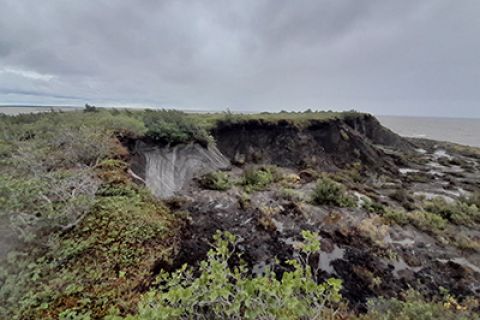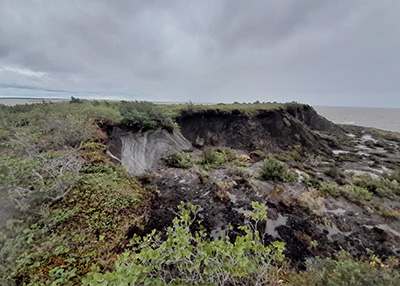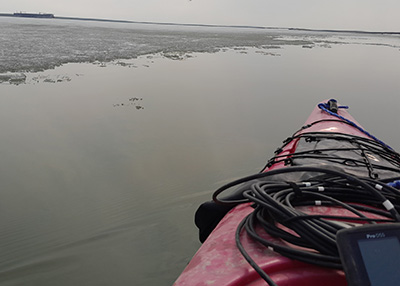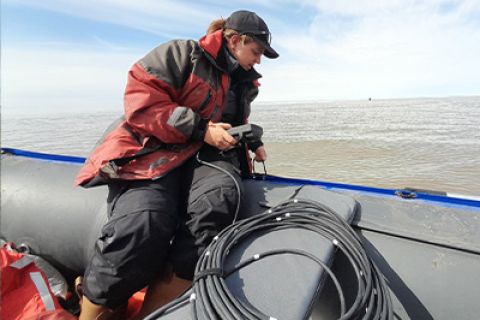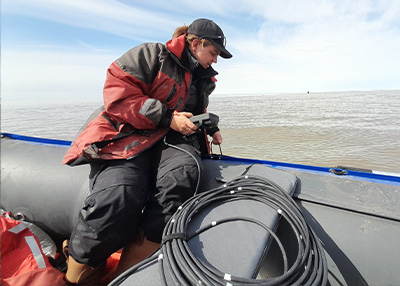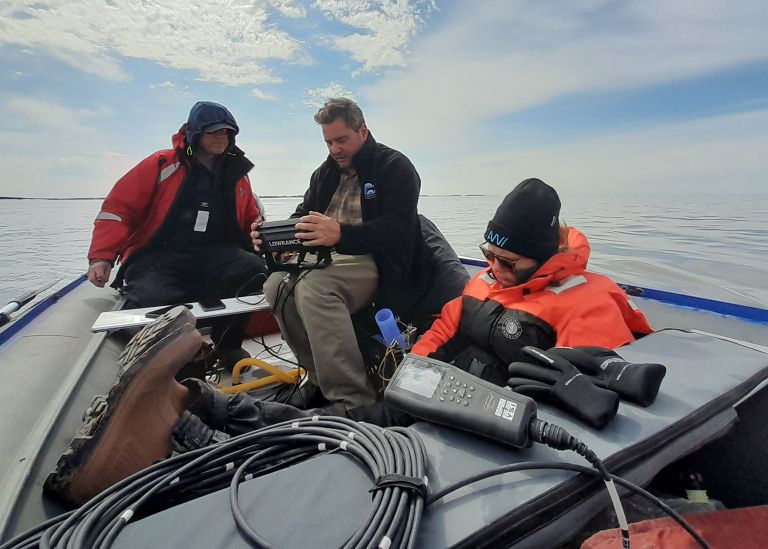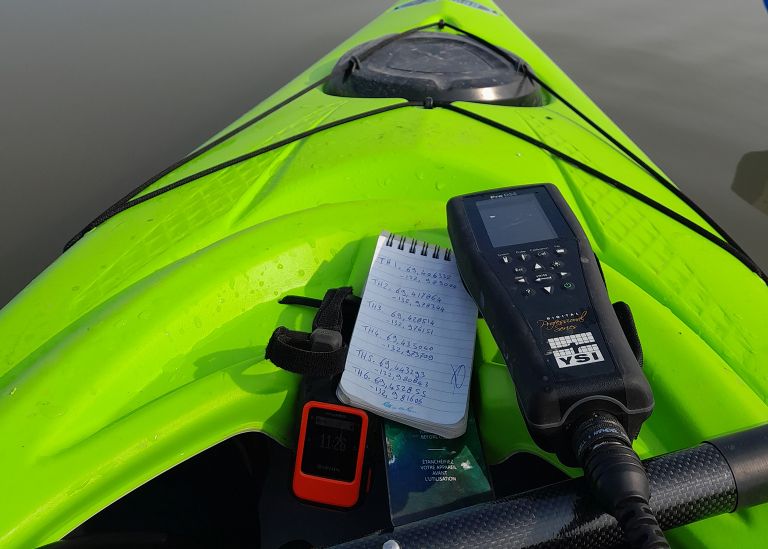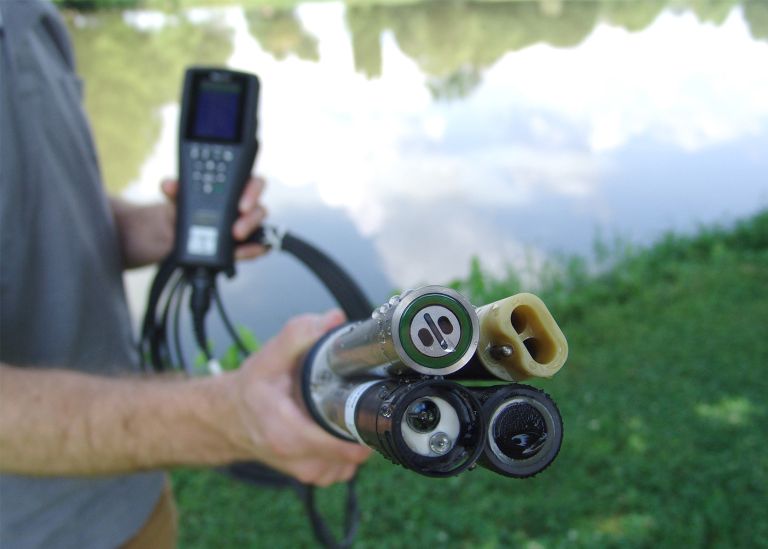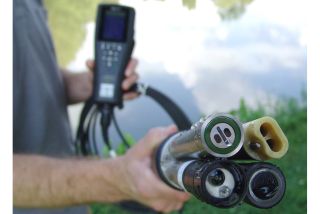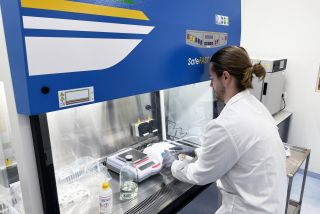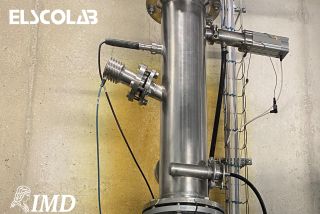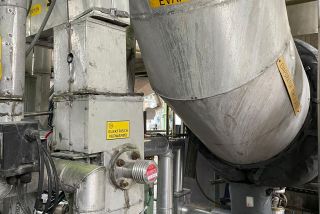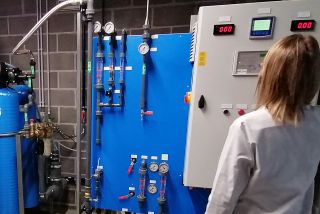
Testimonial: Research into thawing permafrost
Vrije Universiteit Amsterdam
VU is a university with faculties in the alpha, beta, gamma and medical sciences. Their education and research are closely connected and multidisciplinary. The Faculty of Science, Department of Earth & Climate is researching thawing permafrost in northern Canada.
Research
Lina Madaj and Fleur van Crimpen are researchers at Vrije Universiteit Amsterdam, where they are researching thawing permafrost in northern Canada. Permafrost is permanently frozen soil, which stores high volumes of carbon. As long as it remains frozen, there is little to worry about. Once the soil thaws, however, this carbon is released and enters the ocean, after which it could break down into CO2. To research this, they sample and test the soil, sediment as well as water. This is where Elscolab comes into the picture.
To get an immediate idea in the field of how the water column is changing and affected by the thawing permafrost, they use a YSI portable multiparameter, which contains several sensors. This allows them to measure the depth, oxygen content, temperature, salinity and turbidity of the water in situ. Since these parameters can change rapidly at different depths, they use a 15-metre cable that allows them to "yo-yo" to profile the water column in this way.
The YSI ProDSS is an ideal solution to get a picture of the water column. This information allows us to immediately adjust our sampling strategy where necessary.
Fleur van Crimpen
PhD Candidate at Vrije Universiteit Amsterdam
Why work with ELSCOLAB?
In our search for a suitable solution, we quickly found our way to ELSCOLAB. During our conversation with Maarten van der Voordt, we were assisted with the choice of sensors, cable and handheld type. Since he knew exactly what works and what does not work well in our application, it was easy to choose and we decided to buy the YSI ProDSS portable multiparameter.
Since we want to be flexible and read measurements while in the field, we chose an option with a screen, a long battery life and an option to store locations using a GPS. This is an ideal option because we can easily take the device with us, and it is easy to read both in the field and with a computer.
In addition to that we could also count on an extra service! Because the new sensors and handheld could not be with us in time, we were provided with a loaner device from Elscolab which gave us the opportunity to go straight into the field and take our measurements.
During this collaboration, we could rely on the required expertise and advice to make an informed choice for our measurements. Moreover, ELSCOLAB ensured that we could start our research immediately by helping us find a solution.
Fleur van Crimpen
PhD Candidate at Vrije Universiteit Amsterdam
In the future
Fieldwork sessions involving the YSI are certainly planned in the future. For further developments, it would be very useful to somehow make the instruments robust enough to take them into the field during extreme cold. This would also allow them to make profiles of the water under the ice during winter fieldwork.
In any case, we will keep in touch with ELSCOLAB for our next challenges in the water.
More information?
